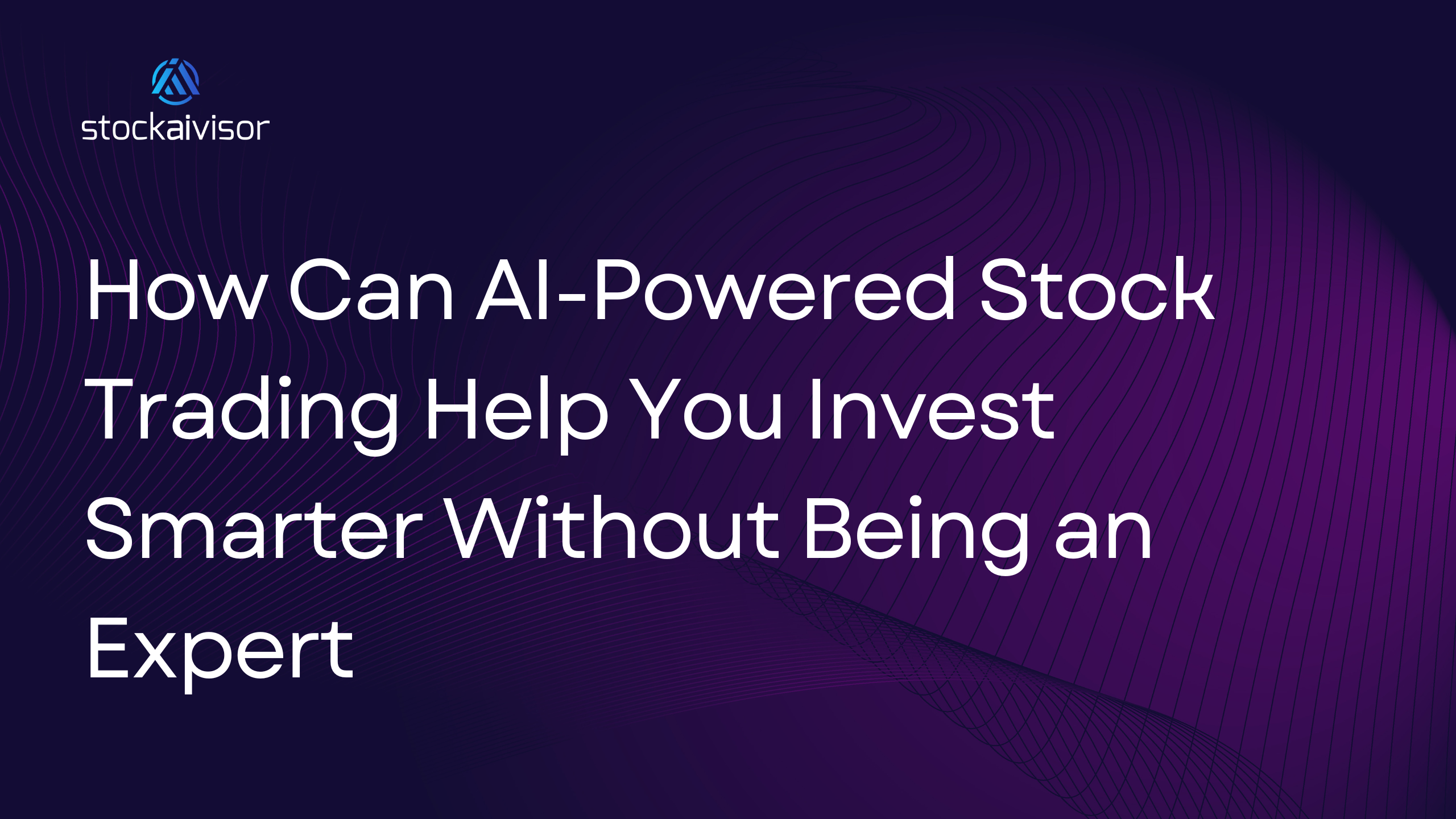
How Can AI-Powered Stock Trading Help You Invest Smarter Without Being an Expert
Trading stocks might seem like an intimidating world filled with complex jargon, intricate charts, and high-stakes decisions. Many potential investors hesitate to enter the market, believing they need the expertise of a Wall Street professional to succeed.
However, it does not necessarily mean you should know everything like an expert financial trader. There are some tools out there that can help you make informed and backtested decisions.
Useful Tools You Can Utilize
Robo-advisors
Using generative AI technology and extracting and analyzing daily stocks, information derived from financial statements, technical analysis, and sentiment analysis, Robo-advisor generates suggestions for you. These automated services provide
professional-grade analysis and suggestions without requiring deep market knowledge.
Daily stock predictions
This tool predicts the stock price on the following day simply using historical data and other features, if available. Different algorithms can be used in creating stock price predictions, including classical regression and moving average-family models, machine learning based models, and also large language models.
Depending on some key factors that you should know before using this tool. First off, the starting date of the analysis. It is of considerable importance for prediction to know where exactly you started the analysis. Secondly, the model you choose dramatically affects the prediction result. The prediction horizon is another factor that you should pay attention to. You can play with the number of days you want to predict. For instance, if you want to learn what the stock price will be for the upcoming 7 days, you need to specify.
Backtesting
How do you know the predictive algorithm works accurately? Put simply, you never know without backtesting, which allows you to test trading strategies using historical data before risking real money. When you run the prediction analysis, check the backtesting result; if it is satisfactory, say 1% deviation, you can go ahead and realize your position.
Stock screeners
This is another handy tool that helps you filter stocks based on specific criteria like price-to-earnings ratios, dividend yields, or industry sectors. This narrows down thousands of options to a manageable list that fits your investment strategy.
Educational resources
As a player in the financial market, you should stay up to date. For this, following news, reading new papers, and books may help. However, on top of them, tailor-made financial courses would be life lifesaver. Imagine yourself creating the course you want, simply typing the title of the course that you want to learn. Thanks to generative AI, this is possible. You can check Stockaivisor to learn more!
Conclusion
Navigating the world of stock trading doesn't have to feel overwhelming or reserved for seasoned Wall Street professionals. With the right tools and resources, even novice investors can confidently make well-informed and profitable investment decisions. Stockaivisor empowers you with AI-driven insights and robust predictive models, offering robo-advisory recommendations, precise daily stock predictions, reliable backtesting capabilities, and intelligent stock screening. Additionally, Stockaivisor's innovative generative AI technology allows you to instantly create personalized financial courses to stay ahead of market trends.
FAQs
-
Do I need financial expertise to use AI-based stock trading tools?
No, AI tools like robo-advisors and stock screeners simplify investing by providing insights and recommendations for all skill levels. -
How accurate are AI-driven stock predictions?
Accuracy depends on factors like data quality, model selection, and backtesting results. Always verify predictions before investing. -
What is backtesting, and why is it important?
Backtesting tests trading strategies using historical data to check their reliability before applying them to real investments. -
Can AI tools replace human financial advisors?
AI tools enhance decision-making but don't replace expert judgment. They work best when combined with personal research and strategy.
